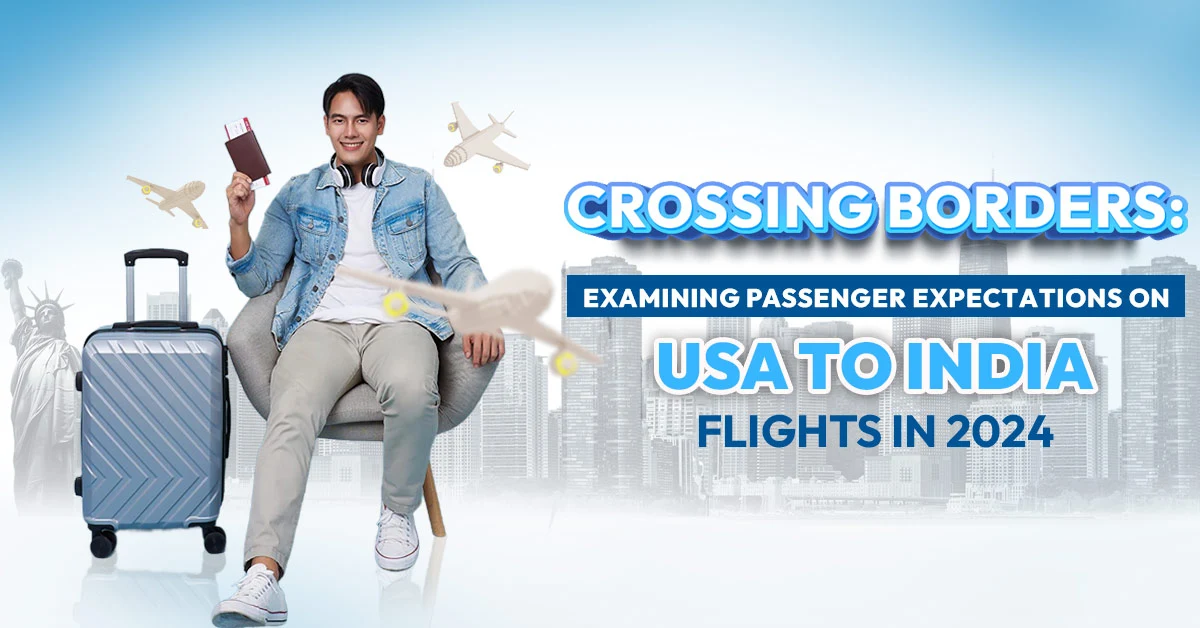
Recently, the U.S. DOT introduced new rules for airlines to address what it describes as unfair and deceptive” industry practices. Also ,These rules ensure refundable airline tickets cancellations or delays and mandate clear upfront information on baggage costs and cancellation fees for travellers.
In a video introducing the new rules, transportation secretary Pete Buttigieg said, this is about airlines treating passengers better. He said that the changes might save millions of dollars in fees for travellers.
Cash refunds instead of voucher
The first rules mandate cash refunds for flight delays, cancellations, or when airlines fail to provide paid services like baggage transport or in-flight Wi-Fi. Airlines often issue expirable vouchers for refundable airline tickets, usable only for future purchases, requiring passengers to navigate complex processes to obtain a cash refund.
The new DOT rules also mandate that airlines automatically and promptly return cash to the original payment method.
Now, a delay of more than three hours for a domestic flight and six hours for an international flight will be deemed “significant.”
Clear displays of add-on fees
The second set of rules targets the “junk fees” that the Biden administration has criticized for years. However, it mandates that airlines and travel agencies disclose flight ticket refunds, fees and cancellation fees, in addition to the fare, on booking platforms.
In other words, these costs will not come as a surprise when you finish the checkout process.
According to the DOT’s announcement, airlines must display the specifics of these fees clearly, conspicuously, and accurately. To find out how much these add-ons will cost, customers currently occasionally have to work through complicated tables and calculators.
The amount that American airlines charge passengers for these extras above and beyond the base fare varies greatly. Additionally, Surffares analysis found Frontier Additionally ,airlines charge $157 each way for a checked bag, carry-on, and seat selection, while Southwest Airlines charges nothing.
The new DOT rules don’t mandate disclosure of seat selection fees, a significant source of ancillary revenue for U.S. airlines, estimated at $4.2 billion in 2022. However, new rules mandate airlines to assure passengers of guaranteed seating, irrespective of opting for a specific seat or not.
When will passengers see the changes?
DOT regulations stipulate airlines to adjust refund policies for delays and cancellations within six months; other rule changes may extend to 24 months. However, it is still unclear how airlines and online travel agencies will implement the required modifications, especially with regard to disclosures of add-on fees.
Third-party websites like Google Flights and might have to display complete fare prices that include baggage fees, according to the DOT. It would drastically alter airfare purchasing habits, potentially alleviating the sticker shock experienced by many guests during checkout.
Airlines are now adept at cutting base fares while hiking up add-on costs. Instead of focusing on the hidden charges the DOT deemed “critical,” they might start focusing on other charges.
Conclusion
The U.S. DOT regulations enhance transparency, safeguard passengers from hidden fees, and guarantee cash refund tickets for disruptions, bolstering consumer rights.
Mandating transparent fee disclosure and cash refunds for flight disruptions will empower travellers with clarity and potential savings.
The exact date of implementation remains uncertain. Nonetheless, these modifications signify progress toward prioritizing passenger rights and fostering a fairer travel environment.
Overall, as airlines adapt to these new rules, passengers can anticipate a more informed and consumer-friendly booking process in the near future. Stay tuned to our website, Surffares, for more details.












